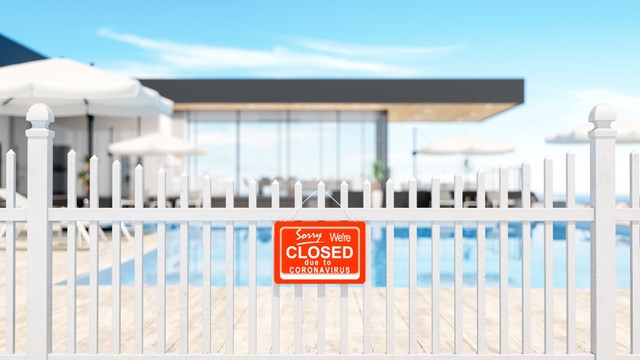Q The board has just implemented a new ban on smoking. However, they have indicated that those shareholders who smoke and were shareholders prior to the effective date will still be allowed to smoke in their own units, but not on the terrace. We bought our unit with a terrace for the sole purpose of being able to smoke out on our terrace and not inside our unit. Does the board need a majority shareholder vote to implement such a house rule? Is this ban on smoking on one's own terrace enforceable?”
—Smoking Outsider
“Assuming that the board has rule-making authority in the governing documents, a board-made rule banning smoking on the terraces is subject to a test of reasonableness. In June 2005, a Broward County trial court held that excessive secondhand smoke from a neighboring condominium unit amounted to a nuisance. With the known health risks from secondhand smoke, such as cancer and heart disease, and the possibility that the smoke may amount to a nuisance, the smoking ban is likely to be considered reasonable, especially since smokers are still permitted to smoke in their units.
“While the smoking ban may appear to be reasonable, such a restriction has never been tested in Florida appellate courts. I note that, in 2006, a Colorado court upheld an amendment to a declaration of condominium that banned smoking within the boundaries of its condominium units. While not binding to Florida courts, the Colorado case may be a very strong persuasive precedent. Although these decisions related to amendments to the declaration of condominium in condominium communities, the decisions present reasonable arguments supporting similar amendments to the bylaws of a cooperative.”







Leave a Comment